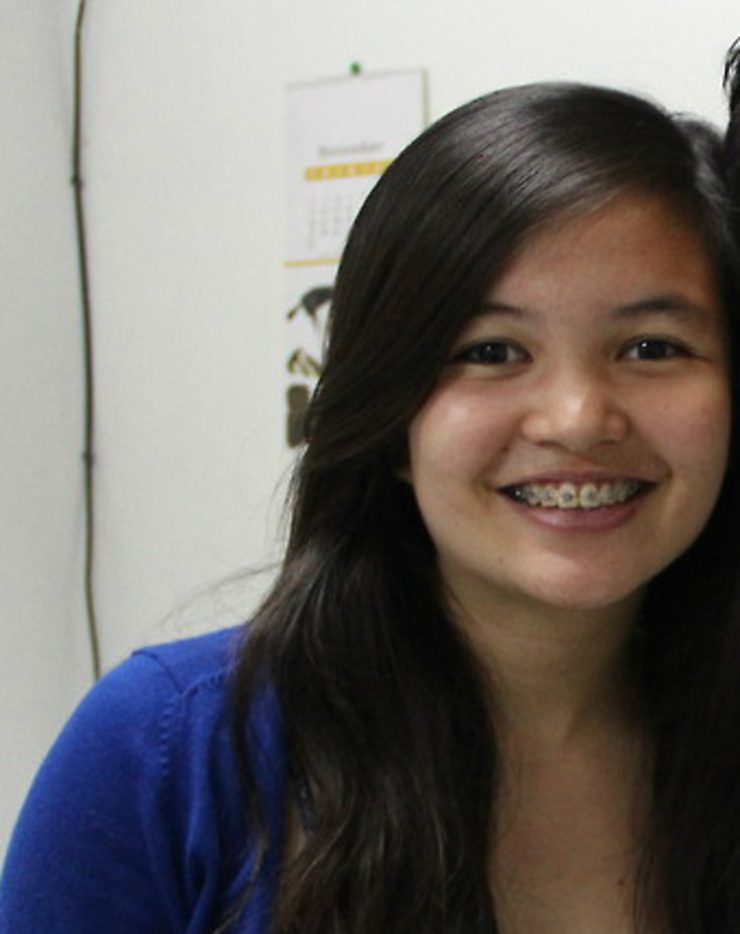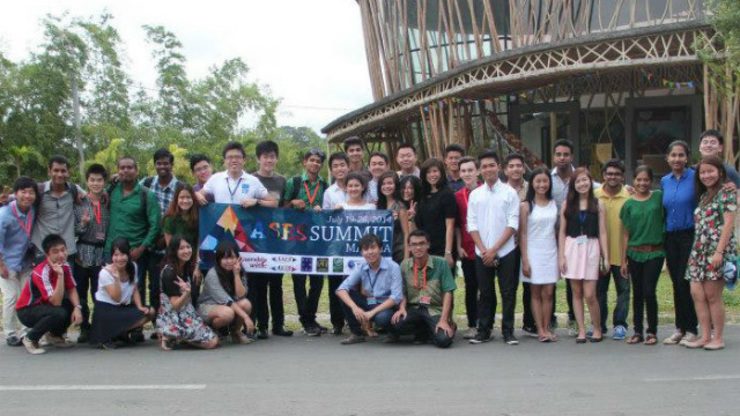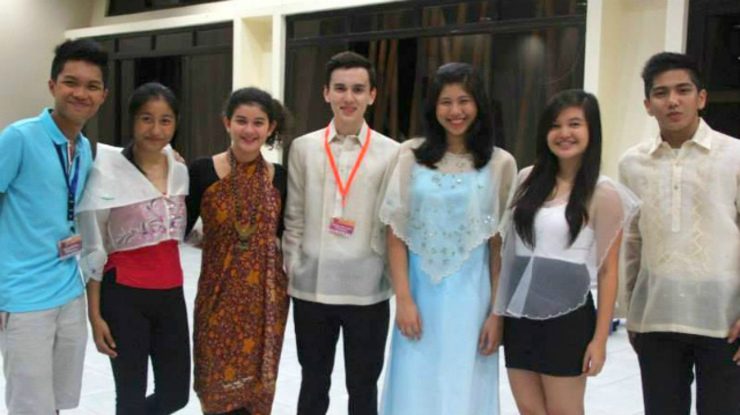SUMMARY
This is AI generated summarization, which may have errors. For context, always refer to the full article.

More Filipinos are starting to get bitten by the startup bug, and the youth are not immune from the contagion.
More students are discovering their passions for innovation and more fresh ideas are starting to take shape. Thanks to various initiatives, educational resources, hackathons, acceleration programs, workshops, and summits, this young ecosystem continues to grow.
Asia-Pacific Social Entrepreneurship Society (ASES) Summit Manila last July 19 – 26 was just one of the many initiatives available.
Coming back from the ASES Stanford Summit last April, Jaime Young was determined to bring the same kind of ecosystem back to the Philippines. He, along with his exceptional team of like-minded friends, hustled his way to build this young network of social and tech entrepreneurs in the Asia-Pacific region three months before the event.
Besides the Philippines, other countries that joined were Taiwan, Indonesia, India, South Korea, Japan, and Malaysia. I was lucky to be one of the 40 delegates that participated in this international summit.
Immersions and Inspirations
Our overnight stay in the Gawad Kalinga Enchanted Farm in Angat, Bulacan was the start of our week-long entrepreneurship immersion. We were immersed in the different agricultural hubs within the farm and were shown how they eventually expanded their Filipino-made, Philippine-sourced products to a wider market.
Reese Fernandez-Ruiz, founder of Rags2Riches, reminded us that at the heart of every social enterprise was their “why.” She highlighted how important the “social” part of social entrepreneurship was. Social entrepreneurs may provide for a greater market, but must always remember that they serve for a greater purpose.

Steve Jobs once used to bring all his Apple employees to the beach to help them get inspired by a new setting. So we were then brought to Laiya, Batangas for our “Workshops by the Beach” segment.
Our inspiration was fueled by workshops from Jeanina Tee and Jules Herrera-Lim, pitch competition champions from the University of the Philippines, and Joreen Navarro, a designer from Works of Heart, a design agency for social causes.
As an avid fan of good design, I was particularly drawn towards Works of Heart’s advocacy as well as the creative designs they showcased. I was fascinated with their fusion of creativity and social good and the wonderful outcomes and collaborations they produced.
In the next days, we were introduced to startup leaders making waves of change in the tech & entrepreneurial landscapes: Paul Rivera of Kalibrr, Oliver Segovia of AVA, Brian Tenorio of KKK Coffee, Terence Lok and Justin Lim of Zap, Kathleen Largo of ASEANpreneurs, Earl Valencia of IdeaSpace, guests from Geeks on a Plane and Dado Banatao the most successful Filipino entrepreneur in Silicon Valley.
Although not blatantly declared, a lot of these talks gave me the impression that my current classroom education is not sufficient to build my dreams as an entrepreneur.
“Stay in school to keep learning how to learn,” Paul Rivera said.
But the start-up culture entails a lot more commitment than I had once thought. Education will always still be the best teacher and, from the wise words of a great sports brand, the best way to learn in the entrepreneurial scene is to go out there and, “just do it.”
Today’s ideas, tomorrow’s innovations
Besides learning from different startup experts, we learned through experience as well.
Throughout the week, we delegates were to find innovative ideas centered on the question of how we could harness technology to help the marginalized sectors. We then had to present our elevator pitches to the De La Salle community and a set of judges, including Senator Bam Aquino, a staunch advocate of social entrepreneurship.

Pitches ranged from environmental causes to educational advocacies, biological innovations to tech startups. My group’s idea called One-Up focused on providing sustainable funding for social initiatives, a problem we thought many non-profits dealt with. Through people’s everyday buying practices, a peso could be contributed to a social cause, with the combined incentives of discounts and benefits for the buyer.
However, although this was a competition, the point was not to come up with the best idea to match the judges’ standards. We were given a glimpse of the startup life and were shown that, despite what others might say, the belief in our ideas and the grit in our work were more important than the numbers attached to our rankings.
Greatest takeaway
Like any other international gathering, the biggest takeaways we all got were from the interactions among delegates and organizers.
Sharleen Solis, a Business Administration and Accounting student in UP Diliman and one of the core organizers of the summit, said that the biggest thing she learned from her peers was that nothing was impossible with hard work, dedication, and patience.
“There were times during the planning of ASES that I felt it was too difficult, but my fellow organizers never gave up,” she recalled. “Their dedication and passion made them do the impossible.”
Malaysian student Gwen Yi, also a former delegate to the ASES Stanford Summit, is that she was surprised with the crowds she mingled with.
“Many of them were exposed to startups for the first time, and it was refreshing to see the world through their eyes – bright and full of possibility,” she said. “It is the kind of optimism one must hold onto for the rest of your life – how else are you going to survive the harsh realities of entrepreneurship?”
In a way, the entire summit embodied a start-up: from researching the speakers, to recruiting delegates and members, from troubleshooting problems, to iterating schedules along the way. The organizers’ grit and hustle and the delegates’ passion and energy made the experience the amazing thing that it was.
Best of all, the drive didn’t stop there: groups are expanding on their pitch ideas, organizers and delegates are connecting and collaborating on future projects and the network is continuing its growth.
The ASES Summit Manila 2014 was a major success and the youth in the Asia-Pacific region, including the Philippines, are one step closer to solving the world’s problems through innovation. -Rappler.com
Mikaela Reyes is a Wesleyan University student, a Kaya Collaborative Fellow, and part of the executive team of the College Admissions Mentors for Peers in the Philippines. You can follow her at @mhoreyes.
Add a comment
How does this make you feel?
There are no comments yet. Add your comment to start the conversation.